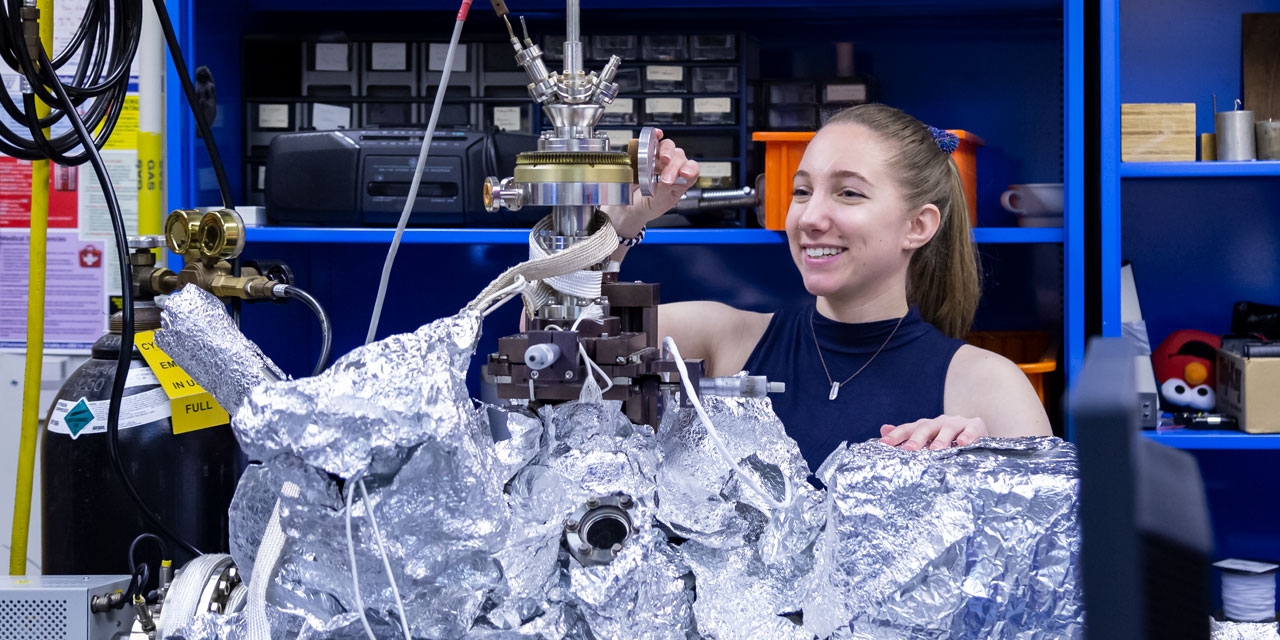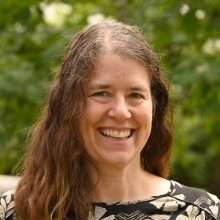Fellowships for the Sciences
Fellowships for the Sciences
Discover Funding Opportunities
Many scholarships can support scientific research, graduate study in the sciences, and more.
Office hours
Already reviewed the resources and ready to take the next step? Book a fellowships advising appointment or stop by pop-up advising hours (listed as events in Handshake) to meet with the Fellowships team!
8:30 am – 4:30pm
Green Hall 444

Thinking of Study Abroad?

This resource was co-authored by Wellesley Career Education and the Wellesley Office of International Study.
While it is easy to see the academic benefits of study abroad, it is also important to identify its career benefits. The National Association of Colleges and Employers (NACE) has a list of competencies that contribute to the career readiness of today’s college graduates. Global/intercultural fluency was one of the marketable competencies on the list. Furthermore, in a NACE survey, employers identified their top four competencies: critical thinking/problem solving, professionalism/work ethic, teamwork, and communications skills. The great news is that you could develop all of these skills as part of your study abroad experience.
On-Campus Printing Services for Wellesley-Branded Business Cards

Business cards are useful for networking, career fairs, interviews, and more. While there are many online services that offer inexpensive business card printing, Wellesley Printing Services is a convenient, on-campus option for Wellesley-branded business cards.
Completing Your Application

Many health professions schools use a centralized application service to collect applicant information and transcripts, verify the information, and to forward these materials to designated schools. Some services also collect and transmit letters of recommendation. Often there is an instruction manual created by the application service each year that is available on-line. Read this and use it as you complete your applications.
Application Requirements and Timeline (2019-2020) (Scroll to End for Timeline)

Applying to health professions schools can be a long and complex process. Wellesley College Health Professions Advising (HPA) would like to provide you with the support and resources you need to make your application strong and your experience positive.
Boren Awards - campus deadline
Eligible: Wellesley first-years, sophomores, or juniors in any field who are U.S. citizens planning study abroad during the following academic year. Graduating seniors who are applying to U.S.-based graduate programs could apply for the Boren Fellowship.
The Boren Scholarships and Fellowships support the study abroad of less commonly taught languages in world regions critical to US interests and underrepresented in study abroad, including Africa, Asia, Central and Eastern Europe, Eurasia, Latin America and the Middle East.
You don't have to go it alone: drop in to Fellowship Pop-Up Advising (see Events listings on this website), or talk things over with Kate Dailinger or Caitlin Roberts-Donovan at Career Education by booking an appointment via Handshake to talk via telephone or video.
Wellesley College Graduate Fellowships (WCGF) - campus deadline
Eligible: graduating seniors and alumnae in any field from any country.
Wellesley College offers a number of fellowships and scholarships for graduate study or research open to graduating seniors and Wellesley graduates (from any country and in any field of study). Two awards (the Schimke and the Shackford) are open to women graduates of any American institution of higher education. Awards are usually made to applicants currently enrolled in or applying to graduate/professional school for the following academic year; there is a single common application process for most of these awards. Please note that the common application will go live in the fall (...






